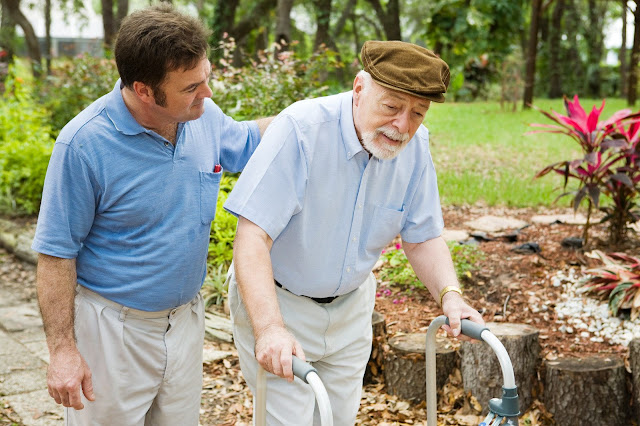10 digital skills students need for today's education

Technology today has become a new way of living and is entrenched in every facet of modern human life. The internet, mobile phones, computers and various other tools of information management have completely changed the way how people live, learn, interact and work. Youngsters today are already exposed to various digital tools and are driving innovation in the technology sector. This has resulted in a mindshift of sorts in the education sector, with more and more institutions around the world realising the importance of adopting technology in the classroom. In the last five years digital literacy has risen beyond just being a buzzword, emerging as one of most important concepts in modern education. Here's a checklist of what's essential : * Terminology Without the ability to understand the relevant terminology, digital literacy can be a daunting endeavor. When students understand the various terms related to technology, using it becomes far more easier. It ...

